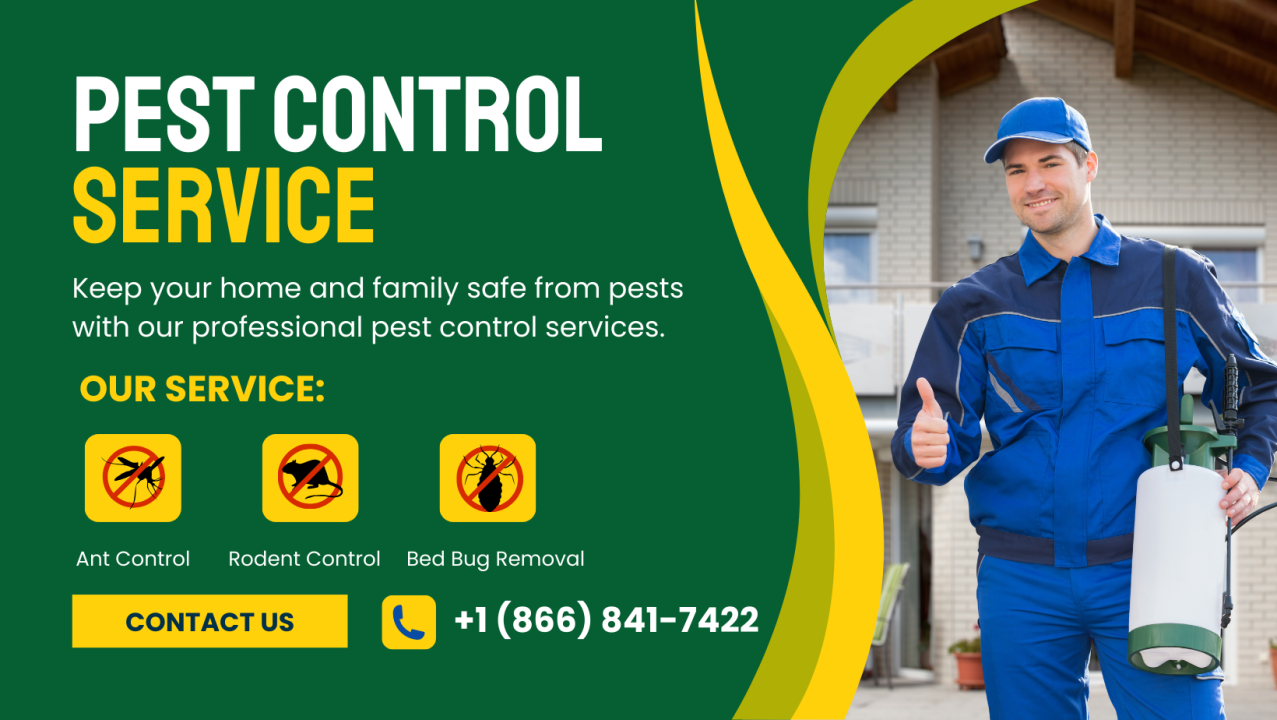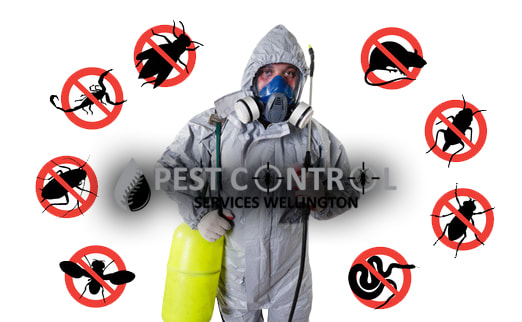Comprehending the Various Approaches to Bug Control: A Comprehensive Guide

Natural Insect Control Approaches
Employing eco-friendly methods such as companion planting and biological insect control is vital for efficiently handling pests in farming setups. Buddy planting involves expanding various crops in distance to deter bugs, improve nutrient uptake, and enhance general crop health and wellness.
Organic insect control involves presenting natural predators or virus to manage pest populaces. Ladybugs, for example, feed on aphids, managing their numbers without the need for chemical pesticides. One more instance is using Bacillus thuringiensis (Bt), a microorganism that targets certain insect bugs while being harmless to human beings, pets, and beneficial bugs.
These environment-friendly approaches not just minimize the reliance on artificial pesticides but also assist maintain biodiversity and dirt wellness. By integrating all-natural insect control approaches into agricultural techniques, farmers can accomplish lasting pest management while decreasing negative effects on the setting.

Chemical Insect Control Solutions
Along with natural bug control methods, the application of chemical pest control options plays a considerable role in successfully taking care of pest populations in agricultural environments. Chemical pest control services are created to target certain bugs that might trigger comprehensive damages to plants. These solutions frequently include synthetic chemicals that are created to get rid of pests rapidly and successfully.
Among the key advantages of chemical bug control services is their performance in regulating bug invasions widespread. Farmers can apply these remedies making use of different methods such as spraying, fumigation, or seed therapy to protect their crops from hazardous bugs, weeds, and diseases. In addition, chemical pest control remedies are reasonably simple to apply and can offer rapid results, aiding farmers guard their returns and reduce economic losses.
Nonetheless, it is vital to utilize chemical parasite control solutions sensibly to minimize prospective unfavorable influences on the atmosphere, non-target microorganisms, and human health. Appropriate application strategies, adherence to safety and security standards, and routine surveillance are essential to ensure the responsible use chemical insect control solutions in farming practices.
Biological Bug Control Approaches
Biological insect control approaches utilize all-natural predators or microorganisms to take care of parasite populations in agricultural settings efficiently. One usual organic control strategy is the introduction of natural enemies, such as ladybugs or parasitic wasps, to target particular parasites.
Another organic control method includes using microorganisms like fungi, viruses, or germs to contaminate and eliminate parasites. These microbial agents can be splashed on plants or introduced right into the soil to battle various insects without harming useful insects or other wild animals. Furthermore, using pheromones to interfere with the breeding patterns of parasites is an additional efficient biological control approach. By disrupting their reproduction, this method helps to lower pest populations without the need for chemical treatment. In general, biological bug control approaches supply a lasting and see here targeted remedy to pest administration in farming.
Integrated Parasite Management (IPM)
Integrated Pest Management (IPM) is a thorough strategy that incorporates numerous insect control approaches to properly handle and reduce pest populations in farming systems. IPM concentrates on lasting avoidance of parasites with a combination of biological, cultural, physical, and chemical control techniques. By integrating these various methods, IPM intends to reduce dependence on chemical pesticides, reduce ecological effect, and promote sustainable insect management methods.
One trick facet of IPM is using organic controls such as all-natural predators, parasites, and microorganisms to control bug populations. This technique additional hints harnesses the power of nature to keep an equilibrium in between insects and their natural adversaries without creating injury to the setting.
Furthermore, IPM entails social practices like plant cleanliness, turning, and habitat adjustment to create undesirable conditions for pests and interrupt their life cycles. Physical controls such as composts, catches, and barriers are also made use of to avoid parasite infestations.
Mechanical and Physical Insect Control Strategies
Utilizing non-chemical methods, such as physical and mechanical bug control methods, is an important aspect of comprehensive pest monitoring approaches, building on the structure of Integrated Insect Monitoring's alternative approach. Mechanical insect control involves using physical obstacles or catches to stop bugs from accessing and harming crops or frameworks. This method can include methods like mounting displays on home windows, using row covers in agriculture, or employing sticky traps to catch bugs.
Physical parasite control techniques, on the various other hand, emphasis on straight removing parasites with physical ways. For instance, making use of heat therapies to eliminate bed insects or vacuuming up bugs like crawlers or ants can be reliable methods to handle problems without the use of chemicals. By integrating these physical and mechanical insect control strategies into an Integrated Pest Management strategy, specialists and people can minimize dependence on pesticides while still properly lessening and taking care of pest populaces damages.
Conclusion

In enhancement to all-natural pest control approaches, the usage of chemical bug control options plays a significant role in efficiently handling pest populations in farming atmospheres.One of the essential benefits of chemical parasite control services is their efficiency in regulating parasite infestations on a large scale.Integrated Parasite Administration (IPM) is a comprehensive method that combines various pest control methods to efficiently take care of and reduce pest populaces in farming systems.Using non-chemical approaches, such as mechanical and physical pest control strategies, is an important facet of comprehensive parasite monitoring methods, developing upon the foundation of Integrated Bug Management's holistic approach. By including these mechanical and physical pest control techniques right into an Integrated Parasite Management plan, individuals and experts can reduce reliance on chemicals while still efficiently lessening and managing pest populations damages.